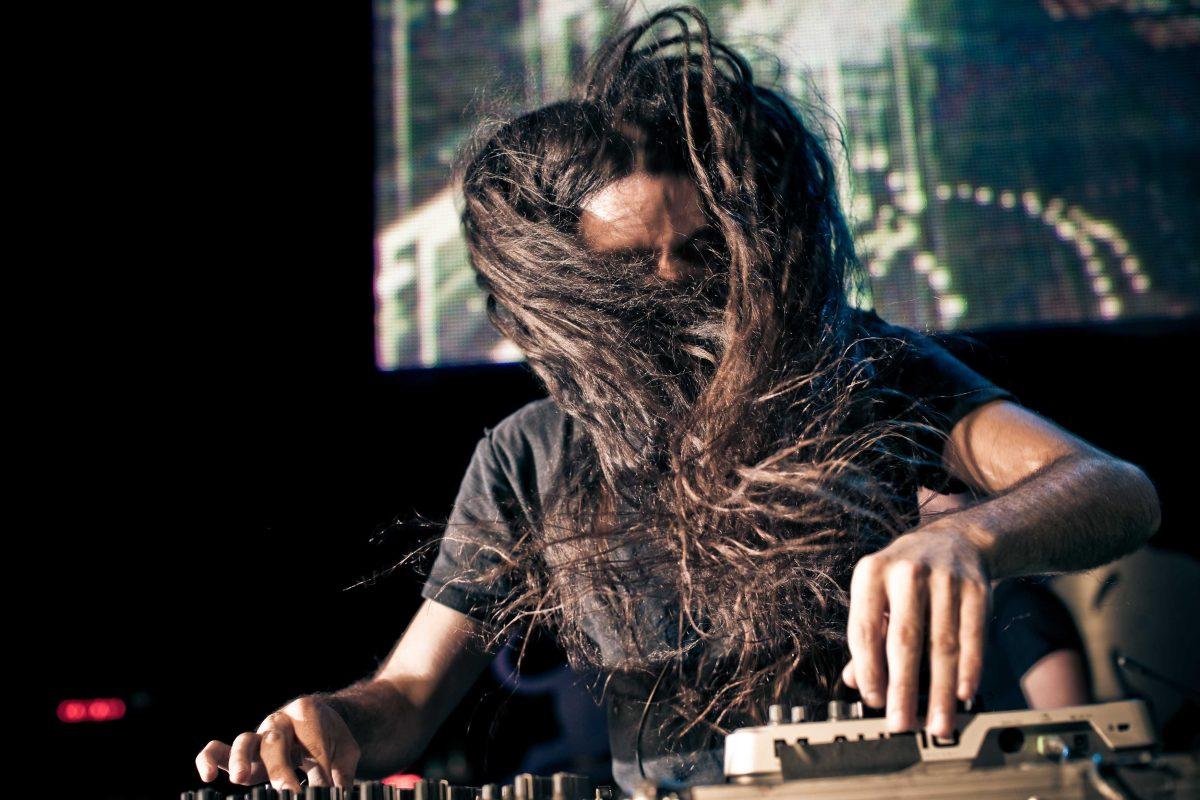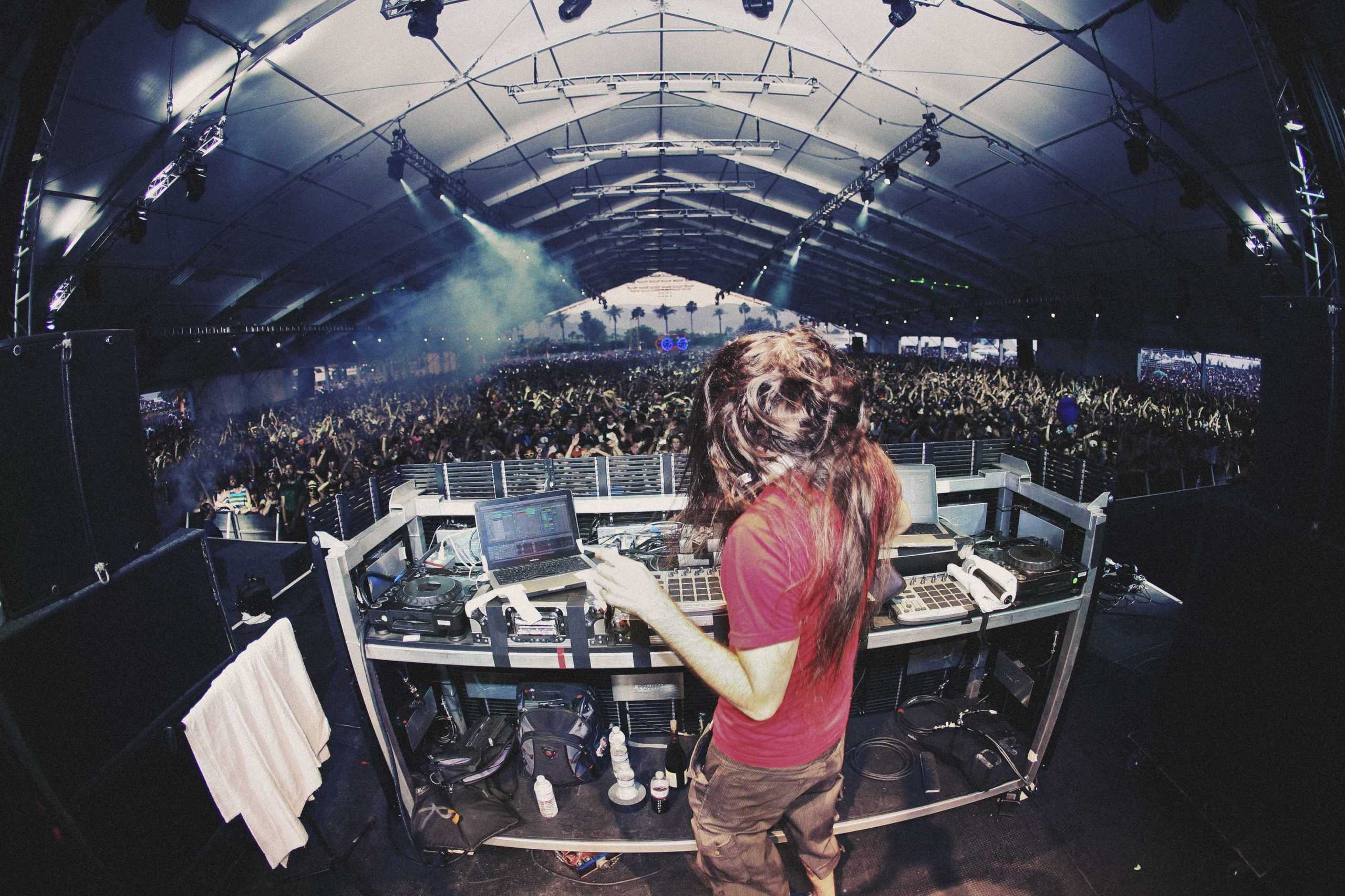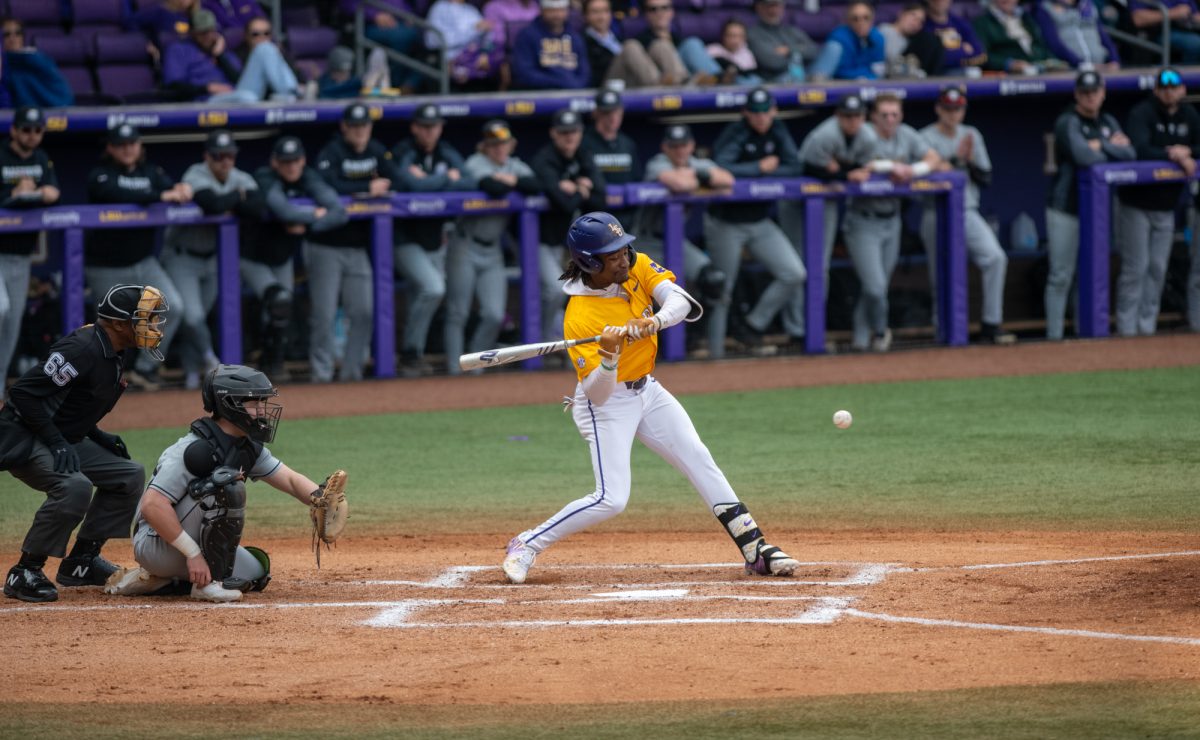With five weeks in Europe behind him, Lorin Ashton hasn’t wasted much time sleeping during his 10-day break — he’s been busy answering interviews, producing a new EP and looking forward to a three-month tour in the U.S.
The freeform DJ, known by his stage name, Bassnectar, will drop by Baton Rouge on Sept. 29 for the third stop on his fall tour.
“I’m kind of obsessed with my job,” Ashton chuckled. “I’m in a routine right now, which — if I was looking at it on paper and asked if I wanted to continue — I’d say absolutely not.”
But in the midst of this race, Ashton said his experience feels incredibly comfortable and natural. This isn’t a new phenomenon for him. As early as 1999, Ashton’s friends have called to commend him on “blowing up.”
The DJ is known for his extensive touring, which he said plays a huge part in the success he’s garnered since Bassnectar began. In 2010, Bassnectar sold out 72 venues in a row and has since played larger-scale performances to ensure more fans have the opportunity to experience the shows.
“As cool as it was to sell out 72 shows in a row, it was hard because there were hundreds and sometimes thousands of people in a city that couldn’t get into a show,” he said. “So this tour is massive.”
With performances at Austin City Limits Music Festival and CounterPoint festival in Atlanta, Ashton’s fall tour will be far from confined to small warehouse venues. He’s shaken his head in disbelief at the size of his tour convoy — three semi-trucks and two tour buses.
“Every year, the fall tour is the stampede of the year,” he said. “It’s doubled or tripled in size every time.”
When Ashton hits the road again on Sept. 27, he’ll have yet another addition to his live performance with the “Freestyle” EP. The record consists of pieces Ashton worked on during the production of his last album, “Vava Voom,” but wasn’t able to include on that record.
“This summer in all of my down moments on the road, I didn’t do a lot of sight-seeing,” he said. “I did a lot of sound-tronic work.”
“Freestyle” seeks to cast off the creative limits produced by the classification of music. Rather than comparing and contrasting his record to other music, Ashton wants listeners to like or dislike “Freestyle” for what they hear, he said.
“‘Freestyle,’ for me, is kind of my response to everyone’s obsession with genres — especially their misunderstanding of genres,” he explained. “[As] someone who’s been paying attention to [electronic music] since 1995, I understand genres a lot better than the average EDM [electronic dance music] fan because it’s my job, and it’s my obsession. But even though I understand it, I’m not necessarily interested in it in terms of being confined in it.”
While his upcoming performances will feature this new EP, they will hardly be limited to it. Ashton produces different experiences every time he performs. With improvisational mixing, the DJ adjusts the progression of his show to fit crowds and environments.
“Whether you’re playing a massive festival like Lollapalooza, where there’s 45,000 people in front of you, or you’re playing a smaller show with a low ceiling, whether you’re playing in another country, or a big American city, it’s all a matter of context,” he said. “And I love playing to those nuances.”
Ashton’s intentions for Bassnectar can often draw back to one constant element: his fans. The “Bass Head” community consists of dedicated fans who consistently travel to Bassnectar shows, sometimes volunteering and offering support to these productions.
Ashton said he feels a similar devotion to his fans as they do to him.
“There’s a sense of responsibility to deliver something uncompromising,” he said. “They’re so special to me as individuals and as a group that it’s the main focus of my life right now to basically give back.”
But Ashton wants to give back to more than his community of fans. A champion of free press and a supporter of nonprofit organizations, he launched the “Dollar Per Bass Head” campaign, which collected $1 from every Bassnectar ticket for charity. Ashton said this amounted to $250,000 in 2011.
One dollar from each ticket of his Baton Rouge performance will go to the local Red Cross.
“It’s something that I do, and I will continue to do partly because I’m just as interested in community as I am in music — I’m interested in people,” he said. “I’m interested in giving back to society, because I’m so happy to be alive.”









